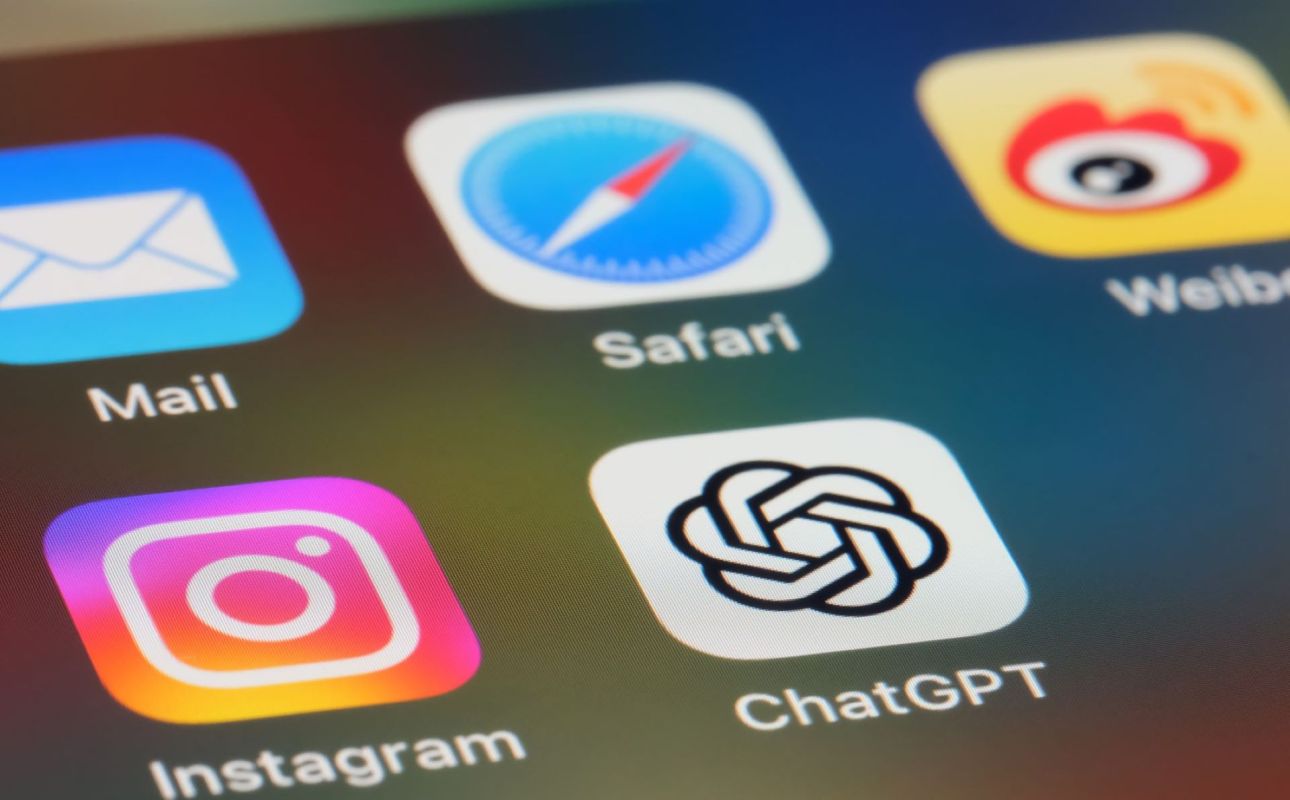Research shows that training artificial intelligence (AI) systems requires enormous amounts of energy — much of which, if powered by nonrenewable sources, adds huge amounts of pollution to our atmosphere.
But there's another issue: The same process for training AI algorithms, such as ChatGPT, also uses a gargantuan amount of water, a problem that could be a lot harder to resolve.
The news comes from a paper — which has yet to be peer-reviewed — shared by researchers from the University of Texas at Arlington and the University of California, Riverside. The paper, titled "Making AI Less 'Thirsty,'" examines the consumption involved in AI training, which requires extensive amounts of water to keep its data centers cool.
It turns out that the simple act of training GPT-3 — the previous version of ChatGPT, which was replaced by GPT-4 in March — consumed 185,000 gallons of water. For comparison, the average American family uses 300 gallons of water per day, which, although that adds up to 109,500 gallons per year, is still not as much as needed for merely training GPT-3.
Further, the researchers make an "inference" that "ChatGPT needs to 'drink' a 500 milliliter bottle of water to partake in a simple conversation consisting of roughly 20-50 questions and answers, depending on when and where ChatGPT is deployed." They point out that this size may not seem like a lot of water consumption, but multiplied by the interface's billions of users, it would mean the total water usage is "extremely large."
Water has become an increasingly hot topic around the world as global temperatures continue to rise and parts of the globe suffer from increasing drought and water shortages. In Europe, abnormally warm temperatures, coupled with an ongoing drought, have dried up lakes and rivers, such as Lac de Montbel in southwest France.
Droughts and increasing temperatures have also gripped parts of the U.S. and Mexico. Western U.S. states recently agreed to use less water from the depleted Colorado River in exchange for $1.2 billion dollars in federal funding.
Water is essential for societies to function, especially since it is vital for food production. The World Health Organization has estimated that as early as 2025, half of the global population may be living in areas that do not have enough water.
A spokesperson for Microsoft — which is partnered with OpenAI, the company that created GPT-3 — told Business Insider that the company is "investing in research to measure the energy use and carbon impact of AI while working on ways to make large systems more efficient, in both training and application."
The researchers of the paper wrote that AI models such as Google and OpenAI "can, and also should, take social responsibility and lead by example by addressing their own water footprint."
Join our free newsletter for cool news and actionable info that makes it easy to help yourself while helping the planet.








